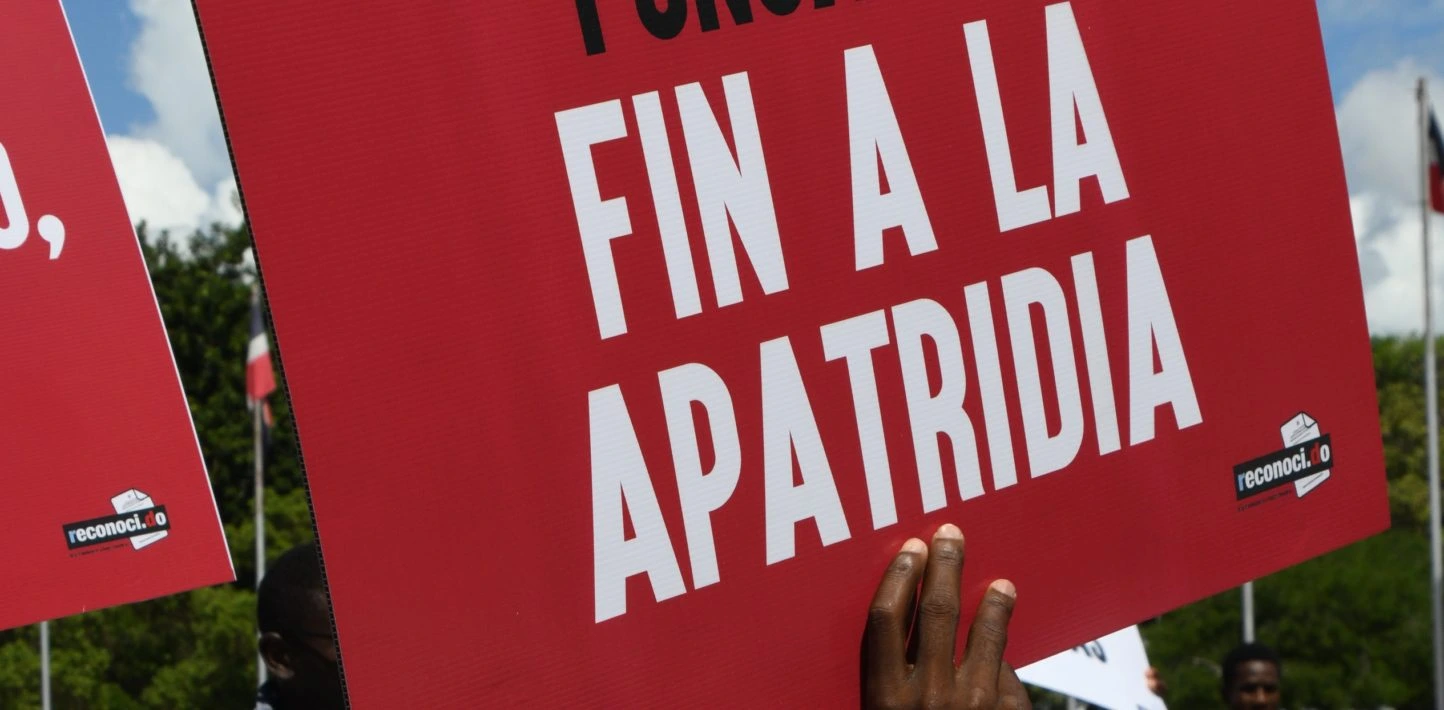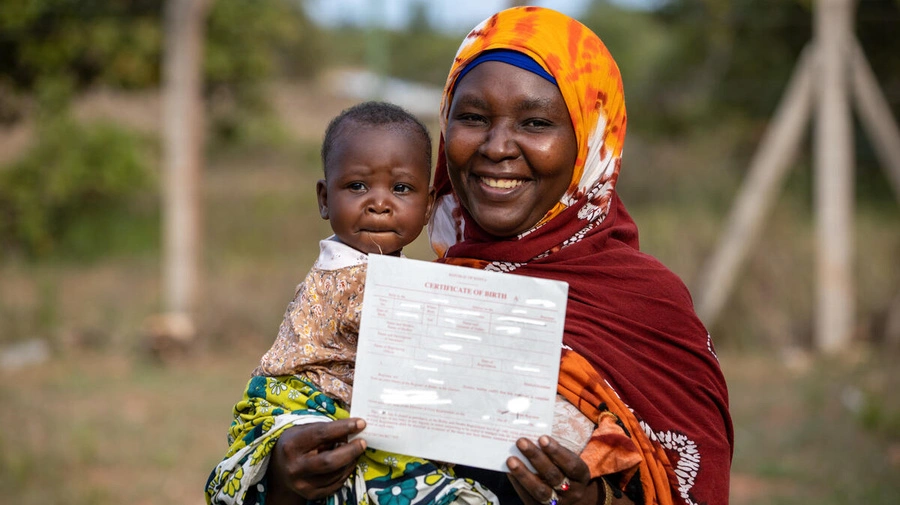Imagine waking up one day to discover that your passport, healthcare, job, and home no longer hold any legal weight. This startling scenario is the harsh reality for millions around the globe.
Statelessness occurs when individuals are not recognised as nationals by any country, leaving them in an incredibly vulnerable position. While many assume this only happens in times of war or upheaval, the truth is more unsettling: statelessness has become a calculated tool of oppression. Citizenship, often viewed as a basic legal status, is in fact one of the most potent political weapons a state can wield, shaping who belongs, who has rights, and who receives protection.
Statelessness is not just a legal status, it touches every part of a person’s life. Without citizenship, people are excluded from education, healthcare, employment, and political participation. They cannot vote, run for office, or move freely. In many cases, governments use statelessness to marginalise groups they view as politically inconvenient, reinforcing structural inequalities and silencing voices that challenge the status quo.

In 2013, a controversial ruling by the Constitutional Court of the Dominican Republic sent shockwaves across the globe. The court declared that birthright citizenship would no longer apply retroactively, stripping thousands of people, 86% of whom were of Haitian descent, of their nationality. The ruling marked not just a legal shift, but a clear act of ethnic cleansing, targeting an already marginalised population. Although the decision was officially overturned in 2014, the repercussions linger. As many as 64,000 individuals remain trapped in a bureaucratic nightmare, facing impossible documentation requirements and endless delays. Compounding this crisis, the Dominican government has ramped up deportations, forcibly removing both Haitians and Dominicans of Haitian ancestry, with reports of up to 120,000 deportations since November 2022.
This systematic targeting reveals a troubling truth: citizenship laws, rather than serving as instruments of justice and inclusion, are being wielded to erase identities and enforce exclusion. The implications of these actions extend far beyond legalities, affecting the very fabric of society and raising urgent questions about human rights and dignity in the region.
In August 2017, a wave of violence and armed attacks swept through Myanmar's Rakhine State, forcing thousands of Rohingya to abandon their homes in a desperate flight to Bangladesh. They joined around 300,000 others who had already fled, creating what has become the world's largest refugee camp. Fast forward seven years, and more than half a million Rohingya children now find themselves living in this state of exile, many of them born into a life devoid of a true home.
In recent years, the government has mandated that Rohingya carry national verification cards, which merely label them as foreigners without conferring any citizenship. A report by the advocacy group Fortify Rights details how the Myanmar government has institutionalised discrimination against this ethnic group, enforcing restrictions in nearly every aspect of life, marriage, family planning, employment, education, religious practices, and even the freedom to move. This orchestrated campaign of exclusion is not just a by-product of conflict; it is a deliberate tool of oppression. By denying citizenship and systematically imposing policies that limit daily existence, the Myanmar government has stripped the Rohingya of their humanity, forcing generations to languish in limbo, without rights, recognition, or a place they can truly call home.

In the face of ongoing challenges, Kenya is shining with a beacon of hope as the government takes a groundbreaking step in officially recognizing every community within its borders. This crucial move empowers these diverse populations to secure national ID cards, unlocking access to a wealth of essential government services.
The Kenyan administration is harnessing the power of technology to revolutionize the documentation process, making it easier than ever for citizens to access vital services like banking, education, and healthcare. Through the digitization of records and the streamlining of application procedures, they are not only enhancing accessibility but also fostering a spirit of inclusion and empowerment. This means more individuals can actively engage with their rights and seize opportunities, helping to build a brighter, more connected future for all.
Statelessness is not an unfortunate accident of history, it is often a deliberate political strategy, used to exclude, silence, and erase. From the Rohingya in Myanmar to Dominicans of Haitian descent, the manipulation of citizenship has become a powerful tool in enforcing division and denying human rights. The consequences are devastating, stripping people not just of legal status, but of education, healthcare, opportunity, identity, and dignity.
Yet amid the darkness, there are signs of change. Kenya’s commitment to inclusive documentation shows what’s possible when governments choose recognition over rejection, and inclusion over exclusion. By embracing transparency, technology, and human rights, Kenya offers a model that others can, and must, learn from.
Statelessness is solvable. But it requires political will, international accountability, and above all, a shift in how we think about citizenship, not as a privilege to be weaponised, but as a right that protects and empowers. No one should be invisible in the eyes of the law. But when a state can erase you with the stroke of a pen, who really belongs?
 Ella Shaw
Ella Shaw